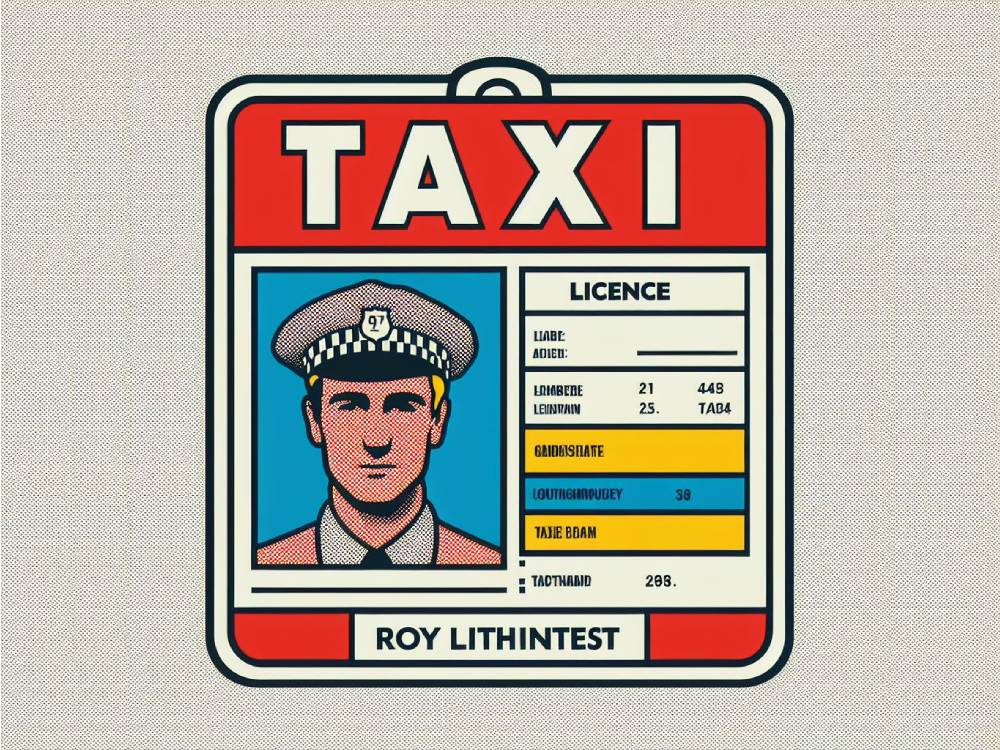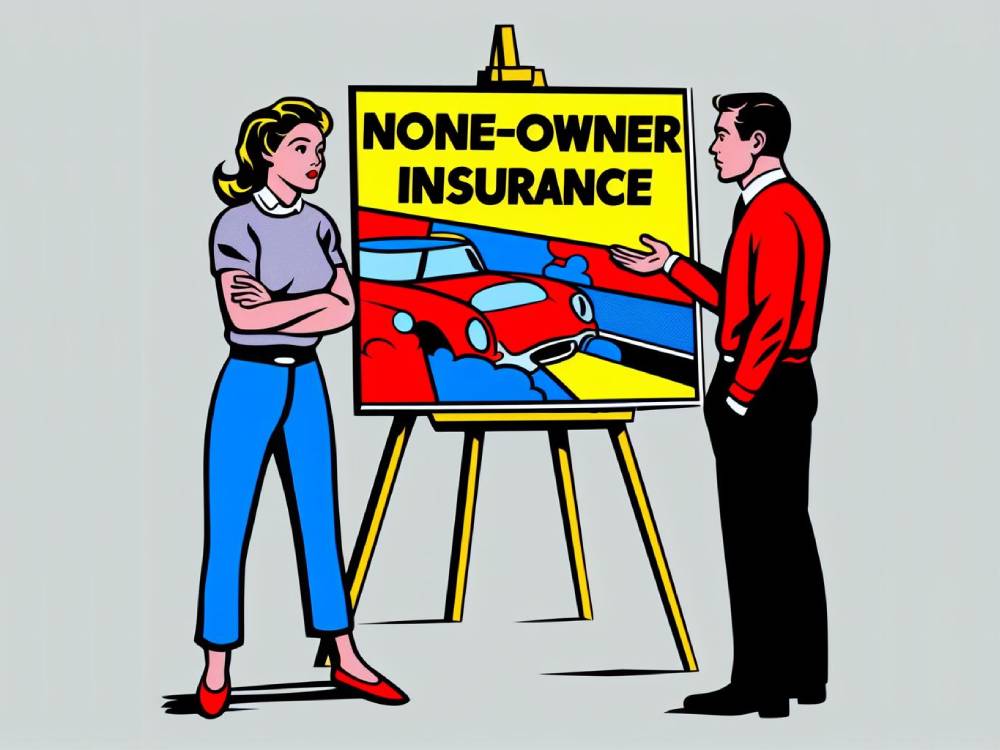Introduction
Do you need a taxi licence?
Embarking on a journey within the UK’s taxi industry ushers you into a distinctive terrain, replete with its own exclusive compilation of rules, regulations, and prerequisites.
Considering embarking on a taxi driving career? If so, you’ve certainly arrived at the ideal location.
Whether you’re looking to drive a classic black cab in the streets of London or a comfortable sedan for a private hire company, understanding the necessity of a taxi licence and the right insurance is paramount.
This article sheds light on the essentials every aspiring and current taxi driver should know to navigate the legalities smoothly and ensure a profitable career on the road.
Curious? Let’s dive in:
- Do you really need a taxi license in the UK?
- The distinct types of taxi licenses: Hackney Carriage vs Private Hire
- Step-by-step guide to obtaining your taxi license
- Insurance 101 for taxi drivers
- Selecting the right insurance policy for your taxi
Need insurance tips? Don’t miss our guide on car insurance options.
Do You Need A Taxi Licence In The UK?
Absolutely.
In order to legally operate as either a taxi or private hire vehicle (PHV) driver within the United Kingdom, securing the appropriate licence is unequivocally mandatory.
Now, you might wonder:
Understanding The Types Of Taxi Licence
When it comes to taxi licences in the UK, they’re not one-size-fits-all.
The two main categories are:
Hackney Carriage Licences
Such licences grant the ability to accept passengers without the need for a previous reservation, commonly flagged down from the roadside or at taxi stands situated in numerous public locations.
But that’s not all:
Private Hire Vehicle Licences
For drivers who coordinate their bookings in advance, typically via companies or applications such as Uber, obtaining PHV licences is an essential prerequisite.
Here’s the deal:
Considering insurance for your vehicle? Explore our insights on choosing the right insurance for electric vehicles.
Taxi Licence Requirements: What You Need To Know
Before you can hit the road, several boxes need ticking.
Key requirements include:
- Valid Driving License: A full UK driving license is mandatory.
- Right to Work: Proof of your legal right to work in the UK.
Wondering how to save on your insurance? Check our 5 ways to save money on car insurance guide.
Taxi Licence Process And Costs
The process of applying for a taxi licence is characterised by being both straightforward and detail-oriented.
Here’s what to expect:
- Submission of Application: Complete and submit your application to the local council or transport authority, along with the necessary documentation.
- Medical and Background Checks: Undergo a medical examination and a Disclosure and Barring Service (DBS) check.
But wait, there’s more:
Fees and Expenses
The cost of obtaining a taxi licence can vary significantly across different regions and licence types.
Thinking of switching your car insurance? Learn how and when to switch car insurance for the best results.
Regional Variations In Taxi Licence Requirements
It’s crucial to note that taxi licencing requirements and processes can differ widely across the UK.
What’s next? Discover more with our guide on navigating car hire and taxi insurance in the UK.
Now, onto something equally important:
Insurance Necessities For Taxis
Selecting the correct taxi insurance goes beyond a basic obligation; it is crucial for maintaining your peace of mind and securing your financial well-being.
But here’s the catch:
Insurance policies vary widely, and picking the right one can feel like navigating a minefield.
Choosing the Right Insurance Policy
The key? Understanding your needs and matching them with the right policy.
Here’s a thought:
Take into account various elements such as the breadth of coverage, the expenses associated with premiums, and the particular requirements dictated by taxi services within your locality.
Financial Considerations and Tips
Insurance costs can be a significant part of your expenses, but there are ways to manage them effectively.
And guess what?
By engaging in a detailed comparison of policies, incrementally fine-tuning the extent of your coverage, and progressively deepening your grasp of your risk profile, you are positioned to secure notable financial advantages.
Now, you might be asking:
What’s Next For Taxi Drivers In The UK?
Staying informed and compliant with licencing and insurance requirements is crucial for success in the UK taxi industry.
But don’t stop here:
Conclusion
Navigating the complexities of taxi licences and insurance in the UK might seem daunting at first, but with the right information and resources, it’s entirely manageable.
Feeling overwhelmed?
Check out our additional resources for more detailed guides and insights:
- For an in-depth look at insurance options, don’t miss The Essential Guide to Car Insurance in the UK.
- Wondering about the cheapest cars to insure? Our guide on The 10 Cheapest Cars to Insure in 2023 has got you covered.
- And for those new to the road, explore How Much is Car Insurance for a New Driver? for valuable tips and information.
Keep in mind, achieving success in the taxi industry transcends mere driving skills.
Initially, it involves a deep understanding of the business dynamics.
Furthermore, it requires staying well-informed about regulatory changes.
Additionally, it’s imperative to ensure that both you and your vehicle are adequately protected.
This comprehensive approach not only safeguards your professional journey but also sets the foundation for long-term success in this competitive field.
So, what are you waiting for?
Dive in, get informed, and take the first step towards a successful and rewarding career as a taxi driver in the UK.






